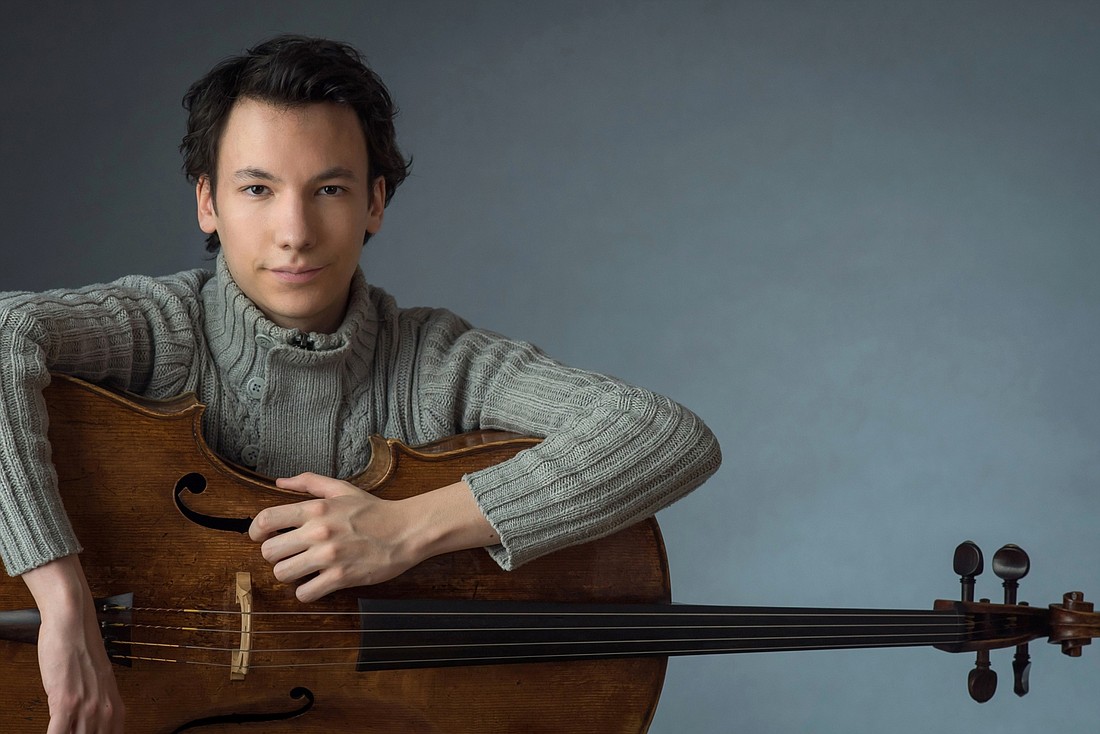- December 26, 2024
-
-
Loading

Loading

Artistic evolution is rarely slow and steady — and it’s never in a straight line. Cultural growth is punctuated by sudden explosions. A happy (or unhappy) few creators supply the spark. Usually, just a handful of artists, musicians, writers and performers in the right place and the right time. Recent cultural warriors include the pyrotechnic punks of New York City in the late 1970s; the tie-dyed creators of 1960s San Francisco; and the artists and writers enjoying the “moveable feast” of 1920s Paris. Turn the clock back a few decades in that city …
You’ll wind up in what author and scholar Roger Shattuck called “The Banquet Years,” at the dawn of the 20th century. In Paris, it was time of artistic revolution. That sometimes seemed like several revolutions per minute.
The Lumière brothers launched the first cinematic voyage to the moon. The symbolist poets fractured rhyme and reason. The Impressionists and their successors changed the rules of visual art — then threw the rulebook away.
This intoxicating time of reinvention crossed many artistic fields. The world of music was no exception. Saint-Saëns, Poulenc, Debussy, Ravel, Dupré and other French composers turned that world upside down. Arguably, the musical revolution they started never stopped.
The 2017 Festival of French Music celebrates this living legacy from Feb. 12 to March 13. Coordinated by Artist Series Concerts of Sarasota, the collaborative festival comprises a range of performances, exhibits, lectures and feasts across Sarasota and Manatee counties. French culture and cuisine won’t be short-changed. But French music is at the heart. Compositions by Ravel, Debussy, Polenc and others will provide the festival’s soundtrack.
Old-fashioned? Joseph Holt, Artist Series Concert’s director of artistic programs, doesn’t think so. As he sees it, their music is as revolutionary as ever. What set these composers on a revolutionary path?
“Their influences were simultaneously nationalistic and cosmopolitan,” Holt says. “That seems contradictory — and perhaps it was. But they somehow fused these influences together to create something new.”
Holt explains that France’s avant-garde composers felt overshadowed by other national traditions — from the warring factions of Germanic music, to Italy’s operatic giants. They responded by carving out a uniquely French musical expression: less analytical, more personal and impressionistic. Simultaneously, they absorbed musical influences from around the world — Asian music, especially.
“A fad called ‘Orientalism’ was sweeping through Europe during this time,” Holt explains. “It showed up in everything from ‘The Mikado’ to ‘Madama Butterfly.’ French composers absorbed it and took it in their own direction.”
Parisian composers had another heavy influence — other Parisian artists, working in a range of disciplines. “The artists of Paris didn’t work in isolation,” Holt says. “The photographer Man Ray might bounce ideas off the poet Mallarme or the composer Polenc. Stravinsky and Diaghilev collaborated on some amazing projects. It was an amazing time of collaboration and cross-fertilization.”
As Shattuck observed, Parisian artists ate, drank, talked and hung out together in the Banquet Years. As a new century rolled on, their banquet continued in many different forms. Artists from the rest of the planet got a seat at the table.
According to Holt, the festival shares the same collaborative spirit.
He hatched the idea about a year ago. Holt had been programming new concerts for his organization’s upcoming season and didn’t want to cover old ground. He considered the local music scene and asked one simple question: What’s been done and overdone? Sarasota Opera gave all due respect to Italy’s operatic legacy. The area’s classical concerts were typically heavy with German and American compositions. But the work of French composers was often neglected.
Holt instantly turned his musical focus to France. Conversations with his colleagues revealed that many had done the same thing. Call it serendipity, synergy or plain good luck. But joining forces seemed like a natural idea.
“I sat down with folks from Sarasota Opera, Selby Gardens, Sarasota Music Archive and a few other groups,” Holt says. “I was happy to discover that Michael’s on East was devoting the month of February to French cuisine. Tying it all together just made sense.”
Twelve area organizations will participate in the new festival. Artist Series Concerts and Gloria Musicae are showcasing France’s game-changing composers in a series of concerts; Sarasota Opera is staging a soaring production of Polenc’s “Dialogues of the Carmelites.” Illuminating lectures include John Goodman’s investigation of “Dialogues of the Carmelites” at Sarasota Music Archive; SILL’s lively musical conversations with June LeBell and Joseph Holt; a mental stroll through Paris’ bygone street fairs with author Charlotte Perret; and a ticket to Marc Chagall’s flights of imagination at Marie Selby Botanical Gardens. All that, gastronomic journeys at Michael’s On East and the Sarasota Garden Club.
“There are many different moving parts,” says Holt. “But they all came together organically, and we were right at the center. Before we knew it, the Artist Series became the catalyst for a collaborative festival of French music and culture.”
John Fischer, managing director of Artist Series Concerts, describes this group effort as a small miracle. “We all worked together,” he says. “Twelve different organizations, both public and private, set their agendas aside and made something happen. That doesn’t happen every day.”
Holt describes the process as a rare cross-fertilization between established cultural organizations and scrappy contenders. A French connection for local music and art lovers was the result.
“If you’re not planning a trip to France, this festival is the next best thing,” he says. “You won’t even need a passport.”